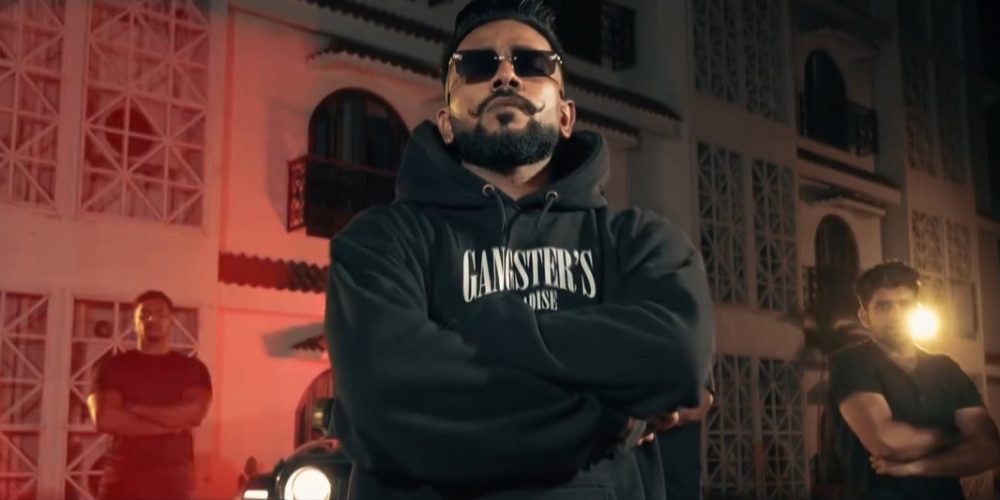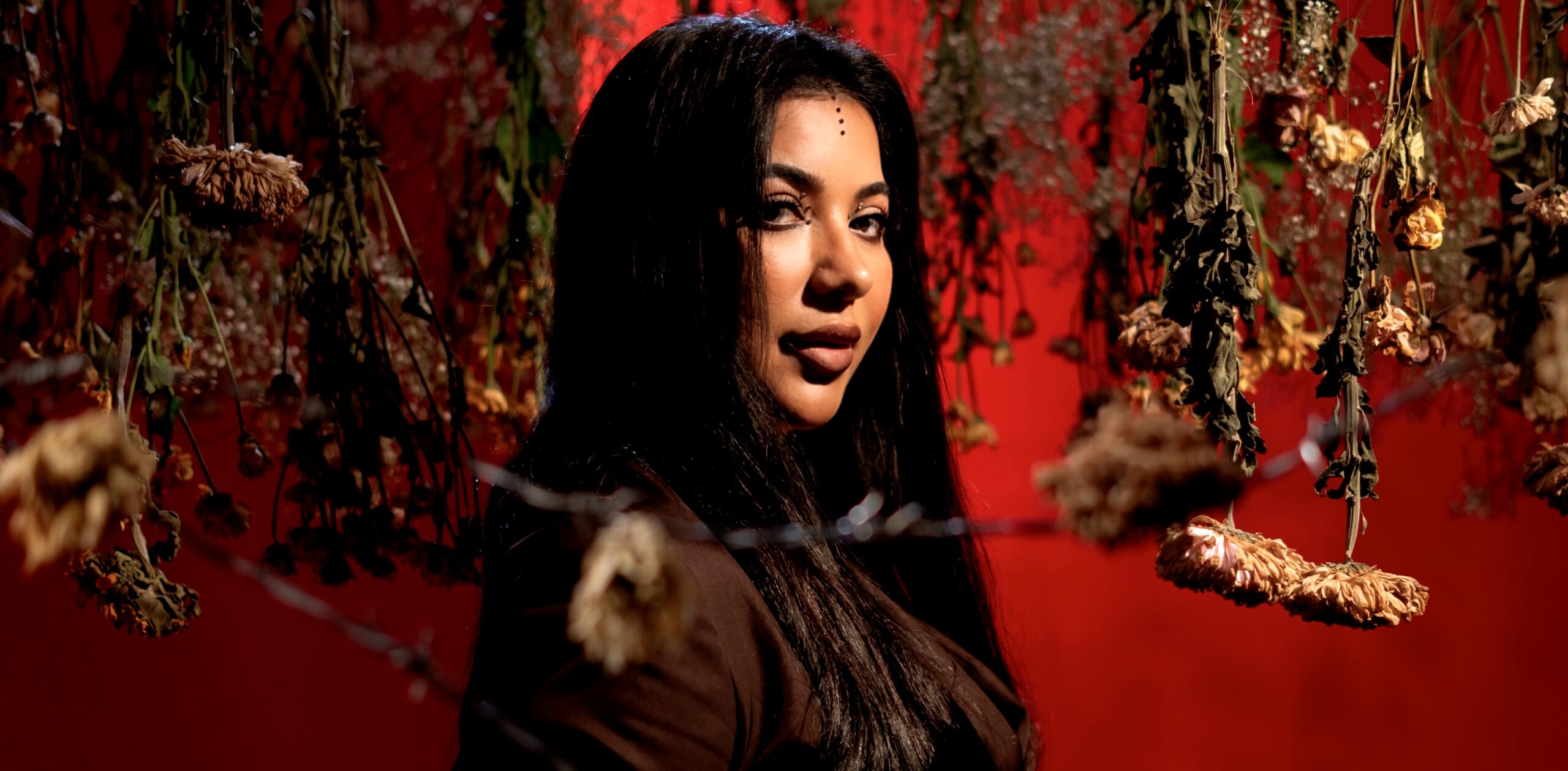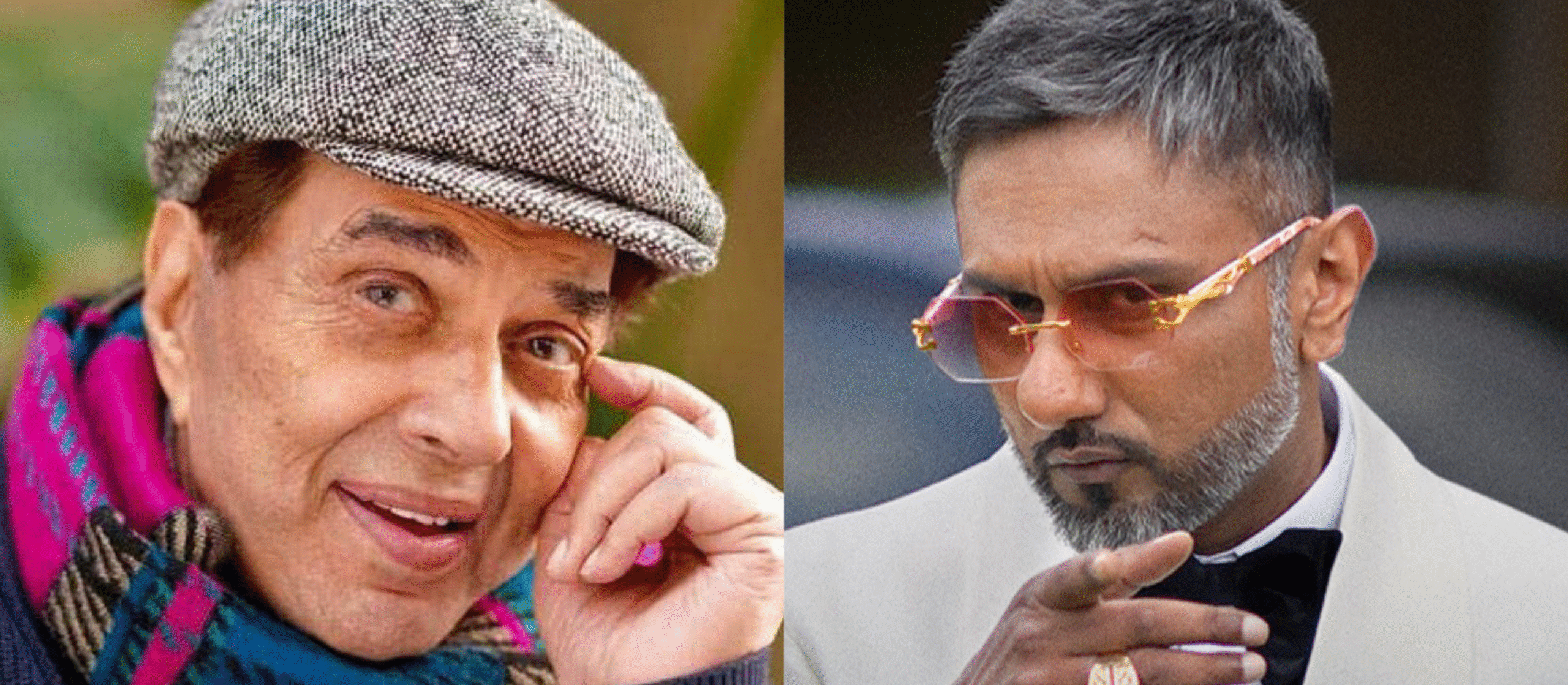In a recent interview with Musical Satans, rapper MC Vihu addressed the ongoing buzz surrounding his track “Kalapani Daaku” featuring Nazz. Fans speculated the song was a diss directed at Ikka after his controversial statement about the “Andaman Nicobar gang.” However, MC Vihu has clarified that the track is not a diss but rather a response to Ikka’s remarks, aiming to shed light on the thriving hip-hop scene in Andaman and Nicobar.
MC Vihu’s Clarification
During the interview, MC Vihu explained:
“‘Kalapani Daaku’ is not about dissing Ikka. It’s about representing the Andaman Nicobar hip-hop culture and showing how vibrant the scene is here. I simply replied to Ikka’s statement in my own way, but there’s no bad blood between us.”
He further emphasized that both he and Ikka share mutual respect for each other as artists and that any perceived animosity is purely a misunderstanding among fans.

The Origin of the Controversy
The controversy started when Ikka made a comment referencing the “Andaman Nicobar gang,” which some listeners interpreted as dismissive of the region’s hip-hop culture. MC Vihu responded through “Kalapani Daaku”, using his platform to highlight the talent and unity of artists from Andaman and Nicobar, but fans mistook it as a full-blown diss track.
Unity in Hip-Hop
MC Vihu made it clear that he values unity within the hip-hop community and hopes the track will be seen as a celebration of his roots rather than a feud. He stated:
“Hip-hop is about expression, and I expressed pride in my region. Ikka is a legend, and there’s mutual admiration between us. Let’s not make this about conflict but about collaboration and growth.”

Fans React
While some fans initially fueled the speculation of a feud, MC Vihu’s statement has been met with relief and support. Many praised his decision to clarify the misunderstanding and focus on promoting regional talent.
Conclusion
The air between MC Vihu and Ikka seems to have cleared, with both artists continuing to work towards uplifting Indian hip-hop. “Kalapani Daaku” remains a powerful representation of the Andaman Nicobar hip-hop scene, reminding listeners of the genre’s diversity and strength across regions.




